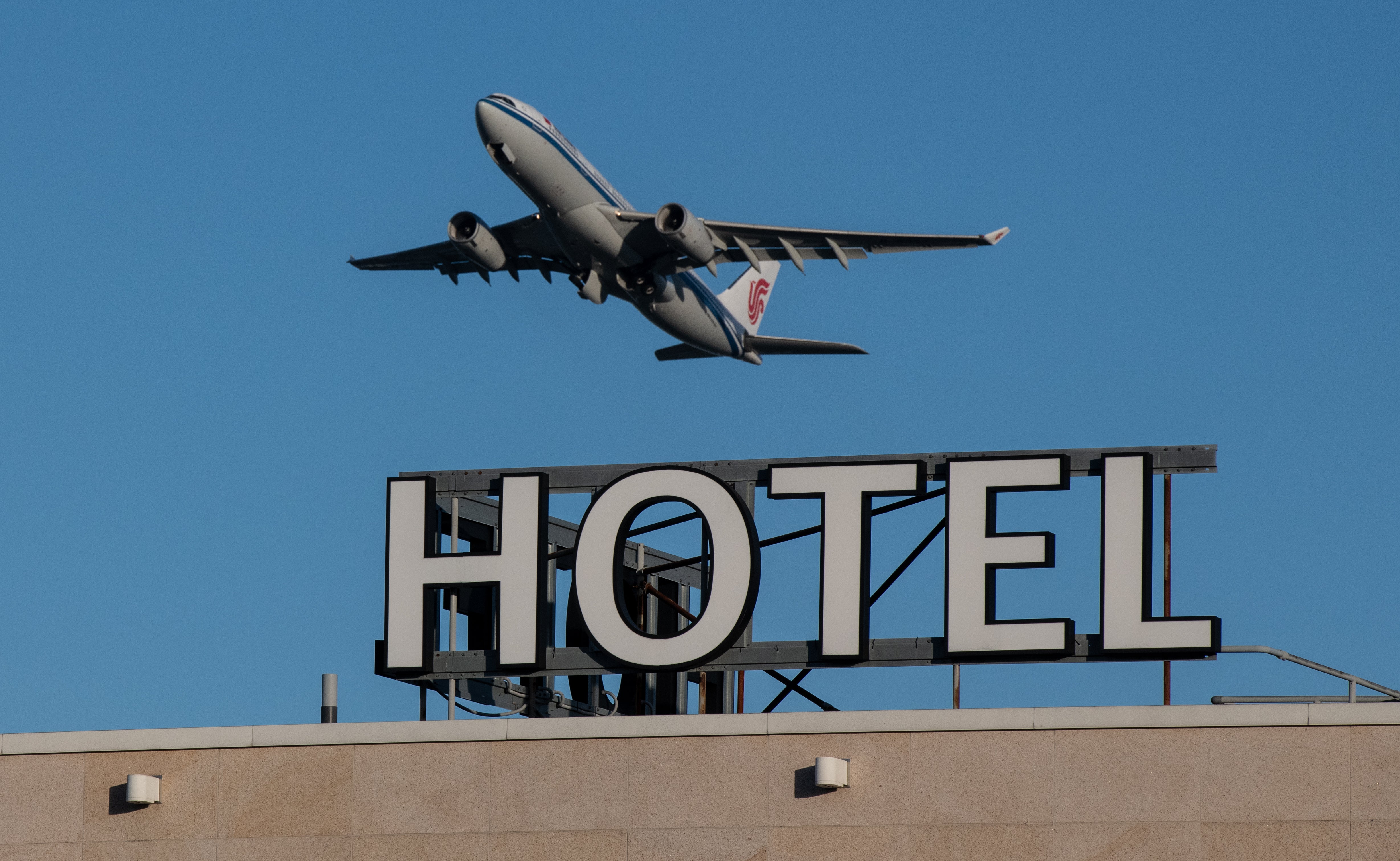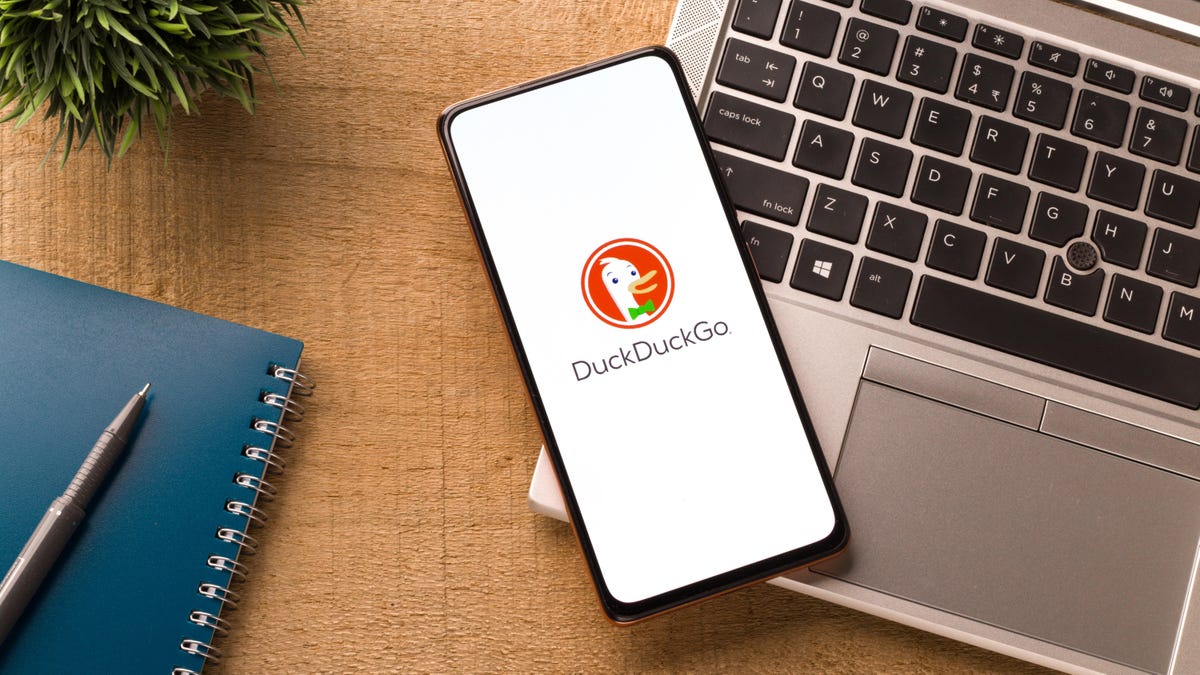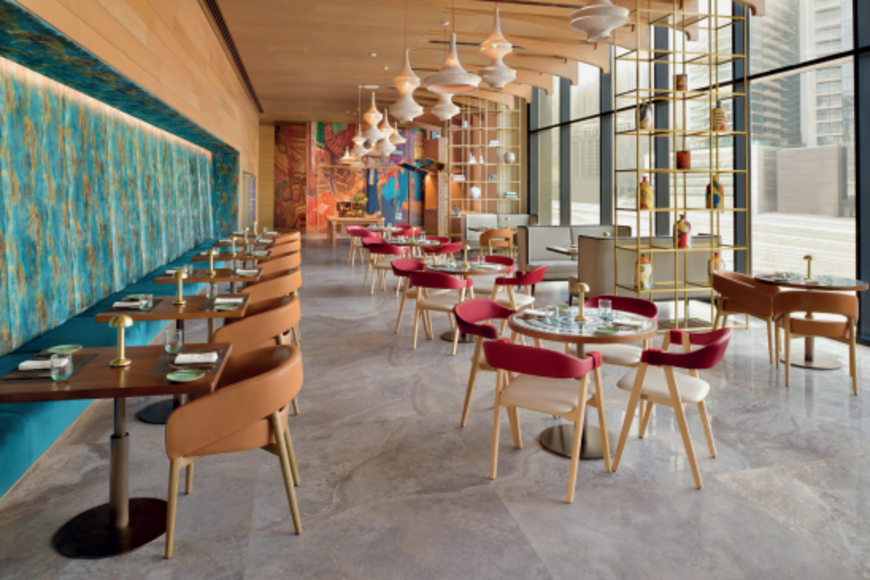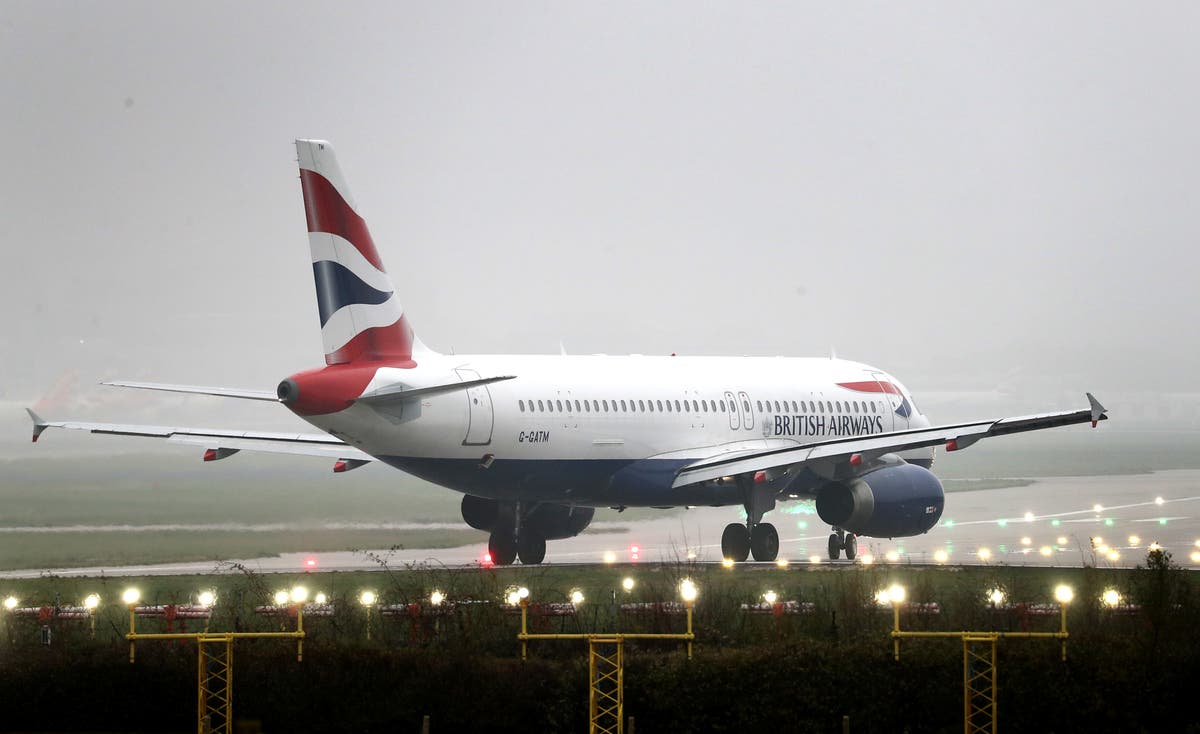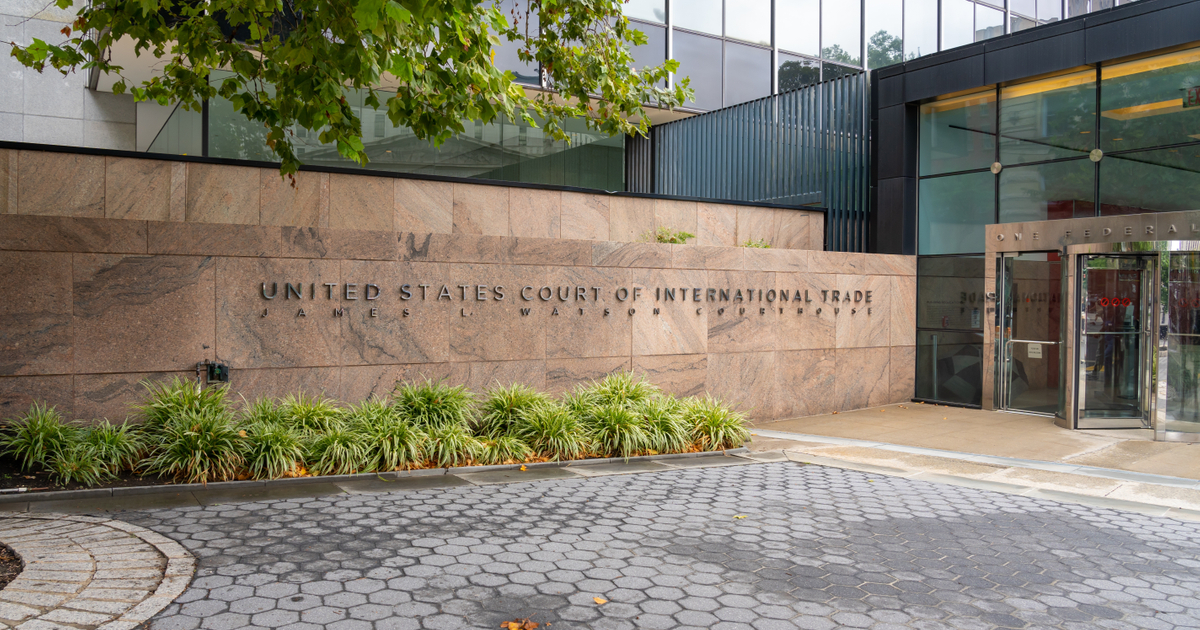From booking hotels to ferry rides: Grab, Lazada, Shopee move to capitalise return of travel
As more consumers opt for direct bookings over online travel agents, tech companies are shaping the future of post-pandemic travel.

The reopening of global borders has not gone unnoticed in Singapore. As the pandemic enters the rear-view, travel confidence is returning and people are more keen than ever to go abroad.
Earlier in July, Expedia’s Travel for Real study revealed that seven in 10 Singaporeans were planning to travel overseas in the next three months. A similar proportion feel safe to travel now that they are fully vaccinated.
These positive sentiments have led to long queues at the Immigration and Checkpoints Authority (ICA) building as Singaporeans eagerly apply for passport renewal.
In May, as many as 14,000 applications were received in a day, with waiting times of up to six weeks. For those making year-end travel plans, the ICA has urged for applications to be sent in immediately.
Balancing the equation, there has also been a strong increase in visitor arrivals to Singapore, with anywhere between four and six million visitors expected in 2022.
While this is far above the numbers from the pandemic years — only 330,000 visited the country in 2021 — there’s still plenty of room to grow. To put it in perspective, 2019 was a record year for tourism in Singapore, with over 19 million visitors.
Changing travel trends
As the road to recovery continues, new industry trends have started to emerge. Much like its role in changing the way we work, the pandemic has impacted the way we travel too. In 2021, GlobalData Tourism Analyst Gus Gardner said, “The pandemic has caused a significant shift in consumer booking habits.”
Online travel agencies (OTAs) used to be the most popular option for booking hotels and flights pre-pandemic, however, direct bookings are now starting to take over.
Gardner explains how this might have been caused by some OTAs being extremely slow to issue refunds during the pandemic. “This has knocked travellers’ confidence to book through intermediaries.”
 Since 2019, direct bookings have grown to share a larger percentage of total travel bookings / Image Credit: GlobalData
Since 2019, direct bookings have grown to share a larger percentage of total travel bookings / Image Credit: GlobalDataTravellers now desire the highest level of flexibility, and it is no wonder that direct booking channels’ flexible terms, easy changes and quick refunds are winning travellers over.
Further, the ability to make changes online places the power back into the traveller’s hands and streamlines the whole process. By booking directly, the traveller cuts out the middleman, considerably speeding up the change and refund process, and increasing satisfaction.
– Gus Gardner, Tourism Analyst, GlobalDataAccording to research by Statista, 74 per cent of the total revenue in the travel and tourism industry will be generated through online sales by 2026.
E-commerce giants have expanded services to include travel
Tourism’s move towards direct bookings is met with a wider move — across different industries — towards e-commerce.
A survey by iPrice Group revealed that three in four Singaporeans had started shopping online more frequently since the onset of Covid-19. Platforms such as Shopee and Lazada have grown tremendously as a result. Comparing Q4 2019 to 2021, Shopee’s monthly users have almost grown threefold.
This growth is expected to continue even as the world opens up again. GlobalData estimated Singapore’s e-commerce industry to grow from US$5.9 billion to US$10.7 billion between 2021 and 2025. In its findings, the company noted that the shift in consumer behaviour towards online purchases was continuing, even as physical stores reopened.
As such, Shopee and Lazada find themselves in the perfect position to expand their services and fulfil a wider range of consumer needs.
Booking hotels and flights
In November 2021, Shopee partnered with Agoda and Booking.com to enable hotel, resort, and apartment bookings on its platform. This feature has been rolled out in a number of Southeast Asian countries — including Singapore — and allows users to book accommodation around the world.
Users can browse hotels and make bookings using their existing Shopee account. They may also use their existing vouchers or Shopee coins to offset costs. This saves the hassle of signing up to a new platform and trusting it with your payment details, solely for your travel needs.
 Image Credits: Shopee
Image Credits: ShopeeLazada also expanded to the travel industry during the pandemic. Towards the end of 2020, the company rolled out a feature allowing users to book flights using its app.
With over 50,000 domestic and international routes, the app displays rates from a variety of airlines operating in destinations around the world. The rates are competitive with those offered by online travel agencies, and users can find their booking details saved on the app itself.
Bus and ferry rides
Superapp Grab is another company attempting to stay ahead of the curve and shape the future of travel. Despite starting off as a ride-hailing service, the platform has grown to offer a lot more in recent years.
In 2018, Grab ventured into fintech, offering its own mobile payment solution and insurance products. Along with this, the company also introduced its food and package delivery services. Over the last two years, these have become Grab’s primary source of revenue. In 2021, the company also introduced GrabMart in Singapore, allowing users to get next-day delivery on over 10,000 essential items.
By adapting to the trends, Grab was able to make up for lost revenue over the course of the pandemic. Now, in the aftermath of Covid-19, the company looks to do the same with its newly launched intercity travel feature.
 Image Credits: Grab
Image Credits: GrabPartnered with Splyt and Easebook, Grab now offers over 15,000 bus and ferry routes for users to travel between these three countries.
“By growing our travel offerings, users can plan their holidays without the need for multiple apps or log-ins,” says Rashid Shukor, Director of Country Operations and Mobility, Grab Malaysia.
Grab Intercity is a way to minimise congestion on highways, and allow people to conveniently travel across borders. Shopee offers a similar service — in partnership with EasyBook — facilitating bus and shuttle bookings for trips between Singapore and Malaysia.
Furthermore, Singapore Tourism Board reported that over 28 per cent of people who visited Singapore in the first half of 2022 arrived from Indonesia or Malaysia.
Much like with other fields — such as education and entertainment — digital technology is now playing a role in building a new and improved form of travel.
Featured Image Credit: LowYat.net / Shopee
Also Read: Winning e-commerce: Shopee’s Chua Kel Jin on how businesses can boost online presence and sales

 Kass
Kass 









